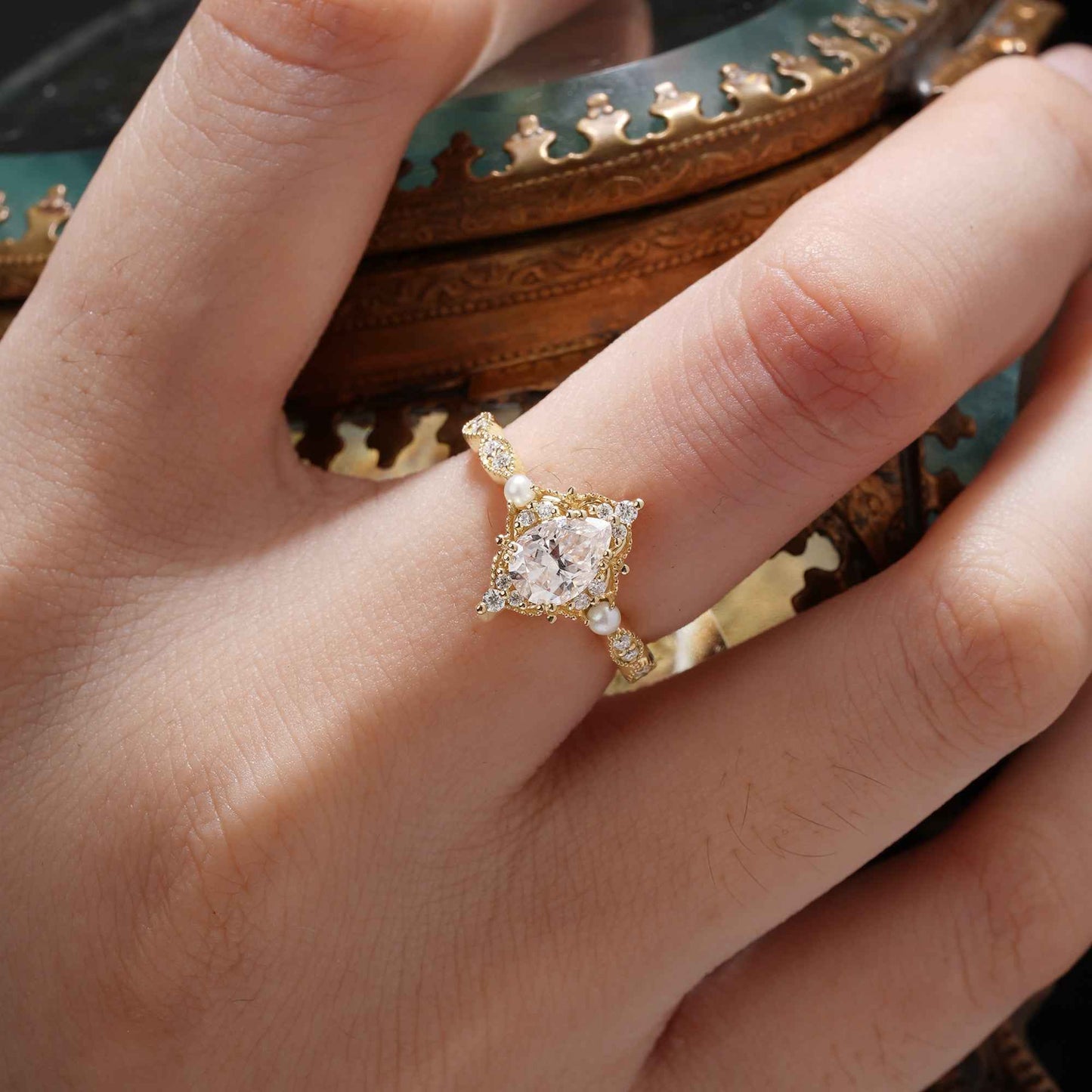In recent years, the jewelry industry has witnessed a significant shift towards ethical gemstones. This movement is not merely a trend; it represents a profound change in how consumers and manufacturers perceive the sourcing of precious stones. But what exactly are ethical gemstones, and why do they matter?

Understanding Ethical Gemstones
Ethical gemstones are stones that are sourced in a manner that is environmentally sustainable and socially responsible. This means that the extraction processes do not harm the environment, and the workers involved are treated fairly and paid justly. The rise of ethical gemstones has been driven by increasing consumer awareness and demand for transparency in the supply chain.
The Importance of Responsible Sourcing
Responsible sourcing of gemstones is crucial for several reasons:
- Environmental Impact: Traditional mining practices can lead to significant ecological damage. Ethical sourcing aims to minimize this impact.
- Social Responsibility: Many gemstones are mined in regions where labor practices are exploitative. Ethical gemstones ensure fair wages and safe working conditions.
- Consumer Trust: As consumers become more informed, they seek products that align with their values. Ethical gemstones foster trust between brands and consumers.
How Ethical Gemstones are Transforming the Jewelry Industry
The shift towards ethical gemstones is reshaping the jewelry industry in various ways. For instance, brands that prioritize ethical sourcing often see an increase in customer loyalty. When consumers know that their purchases support sustainable practices, they are more likely to return to those brands.
Challenges in the Ethical Gemstone Market
Despite the positive changes, the journey towards a fully ethical gemstone market is not without challenges. One significant hurdle is the lack of standardized definitions and certifications for what constitutes an ethical gemstone. This ambiguity can lead to confusion among consumers. How can one differentiate between genuinely ethical gemstones and those that are merely marketed as such?
To navigate this landscape, consumers should look for certifications from reputable organizations that verify ethical sourcing practices. Additionally, engaging with brands that are transparent about their supply chains can provide further assurance.
Future Trends in Ethical Gemstones
As the demand for ethical gemstones continues to grow, we can expect several trends to emerge:
- Increased Transparency: Brands will likely adopt more transparent practices, providing detailed information about their sourcing methods.
- Technological Innovations: Advances in technology may lead to more sustainable mining practices and better tracking of gemstone origins.
- Consumer Education: As awareness increases, educational initiatives will help consumers make informed choices about their purchases.
Conclusion
The impact of ethical gemstones on the jewelry industry is profound and far-reaching. By prioritizing responsible sourcing, both consumers and brands can contribute to a more sustainable future. As we move forward, it is essential to remain informed and engaged in the conversation surrounding ethical gemstones, ensuring that our choices reflect our values.







